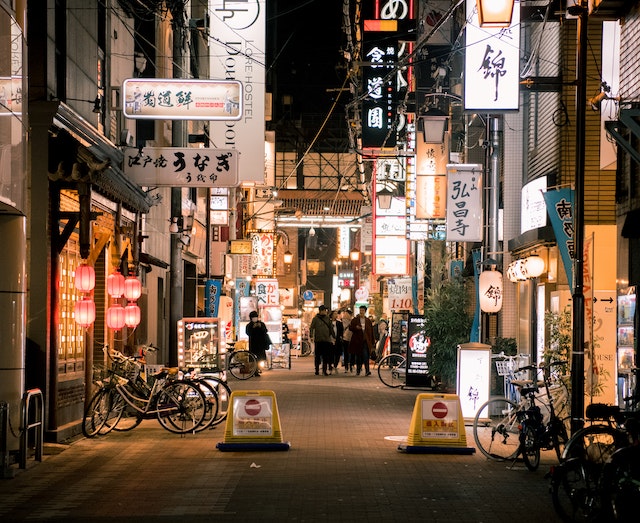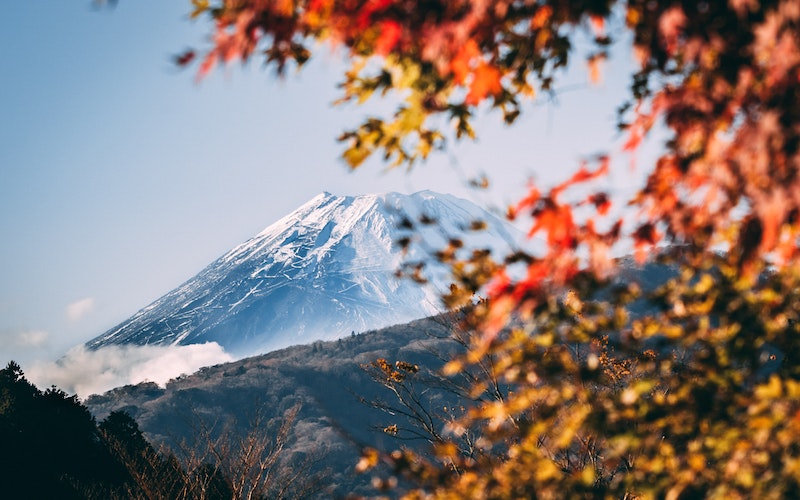Earlier this month Japan’s Ministry of Health, Labor, and Welfare released data pertaining to cannabis-related detainments from 2022.
The good news is that the total number of individuals detained by the police, the ministry’s Drug Enforcement Agency, or the Coast Guard in Japan was a mere 5,546, a 4.1% year-on-year decrease.
That number should obviously be zero, and anything more than zero is unacceptable. However, Japan’s arrest statistic is a far cry compared to some other countries around the globe.
To put the 5,546 figure into perspective, consider that 317,793 people were arrested for cannabis by some level of law enforcement in the United States in 2020. To be fair, the United States has roughly 2.65 times as many people compared to Japan, however, it doesn’t take a mathematician to spot the enormous difference in each nation’s arrest rates.
That, in turn, helps put into proper context another statistic from the arrest data, specifically pertaining to arrests of individuals under 30.
Of the total arrests, 69.2% of them were of individuals under the age of 30, which is “the highest percentage to date,” according to domestic reporting. If history is any guide, the latest data will be used to push prohibition policies.
As ‘justification’ for a looming crackdown on cannabis use, Japan’s government previously offered up the talking point that ‘cannabis use by young people was increasing at an alarming rate.’ While the rate did technically increase in recent years, it’s important to remember that Japan has one of the lowest consumption rates out of any country on earth.
In the most recent year for which data is available (2019), Japan experienced a 21.5% increase in measured cannabis consumption compared to the previous year.
While that may sound alarming to some lawmakers inside and outside of Japan, consider the fact that less than 2% of people in Japan report having consumed cannabis during their entire life.

By comparison, 41.5% in Canada report having consumed cannabis during their lifetime, and 44.2% in the United States. The double-digit increase in consumption rates in Japan is more indicative of how low the overall baseline consumption rate was than it is indicative of a cannabis use epidemic.
Japan does not have a ‘youth consumption epidemic.’ Rather, it has a cannabis prohibition problem that is presumably largely focused on catching younger people with cannabis.
People over the age of 18 (and in the United States 21) can now legally consume cannabis in some countries. There is no doomsday scenario playing out in those nations, and the same would be true in Japan if it was on the right side of history.
It is always vital to fact-check cannabis prohibitionists’ claims involving data, particularly if they pivot quickly and start acting like the sky is falling.
Compare data from one country to that of another in order to get a better idea of how the data fits into the larger scheme of things. Comparing Japan’s data to other countries highlights how small of a ‘cannabis problem’ Japan has.
Cannabis prohibition does not work. It is one of the most harmful public policies in human history, and that is true in Japan just as it is anywhere else. Japan recently updated its cannabis laws to permit limited medical use, and that is a great thing, however, it also simultaneously increased penalties for personal use. That is unacceptable.
No one should ever have their life needlessly ruined by cannabis prohibition.
Rather, governments like Japan need to accept the reality that cannabis will be consumed, and craft public policies to mitigate any potential issues, including instituting safety regulations to ensure that the cannabis that people are consuming is free from contaminants. Regulation will always be better than prohibition, and it’s beyond time that lawmakers in Japan realize that fact.
Author
-
Johnny Green is the Media and Content Director for the International Cannabis Business Conference and has blogged about cannabis since January 2010.







